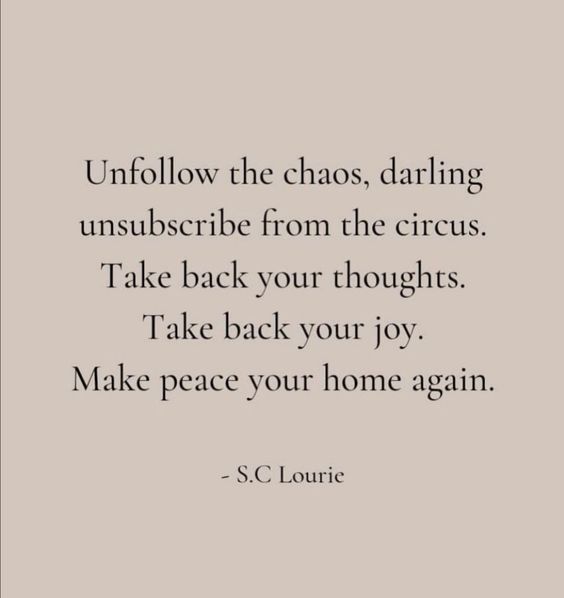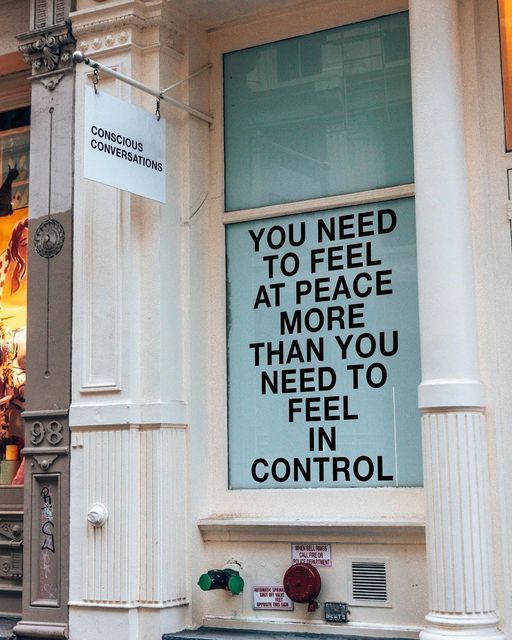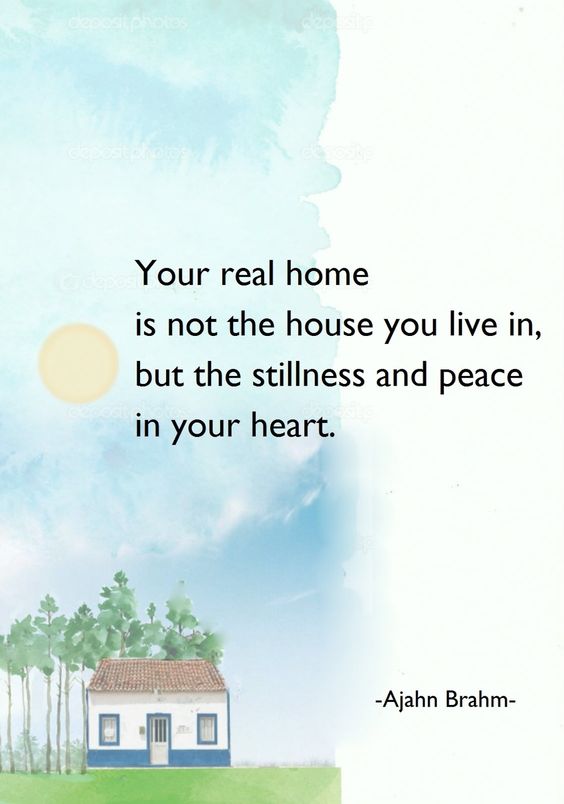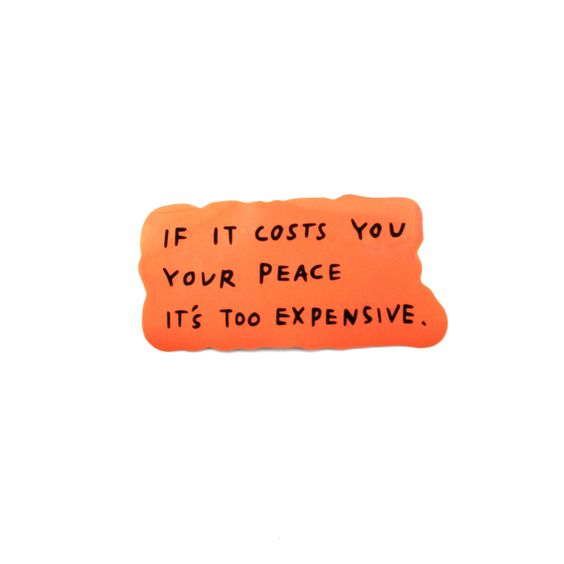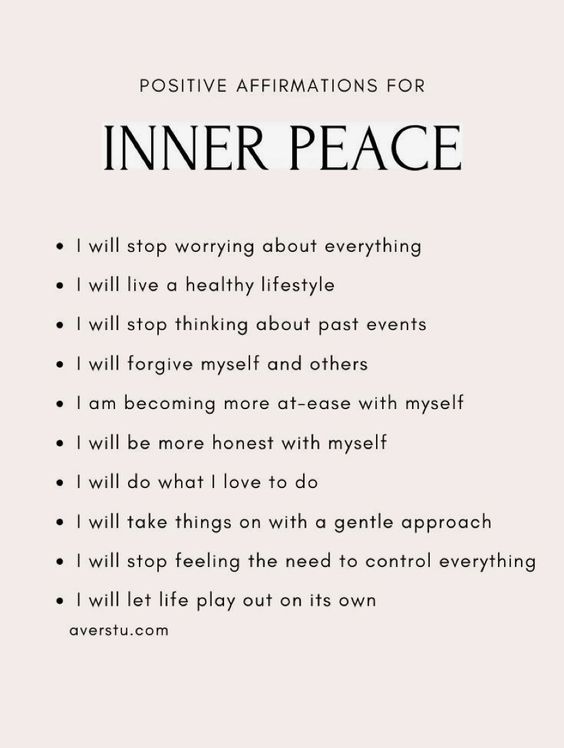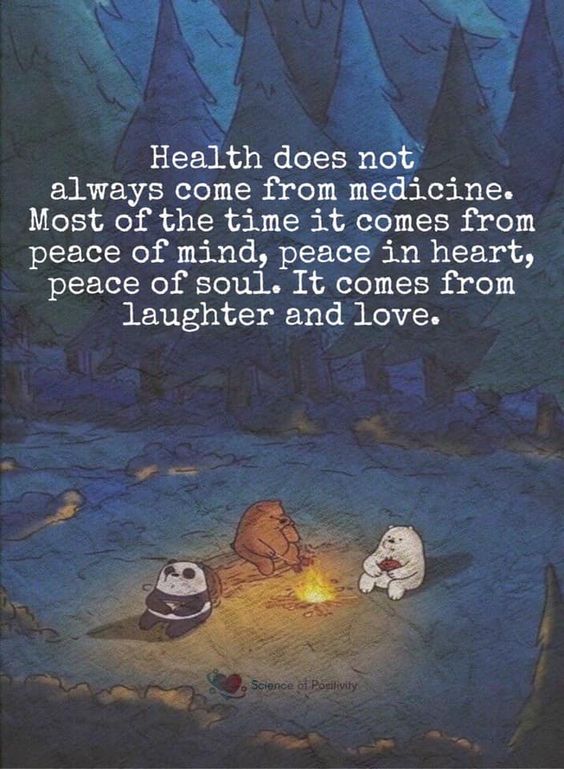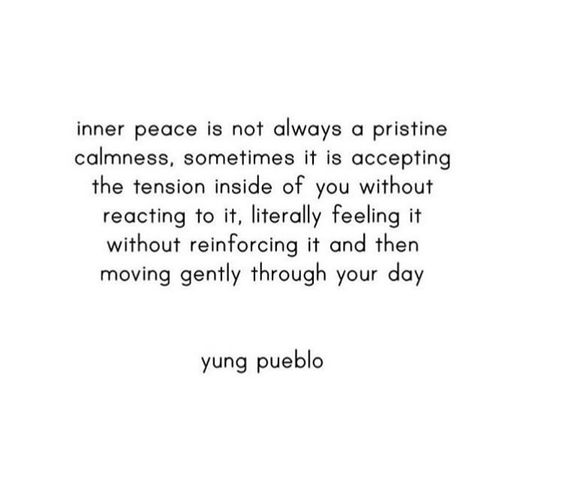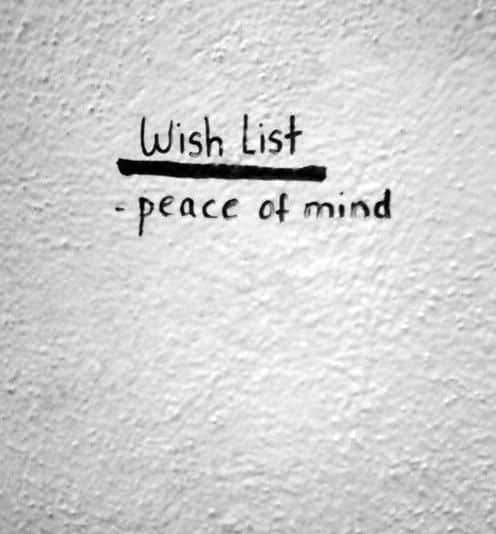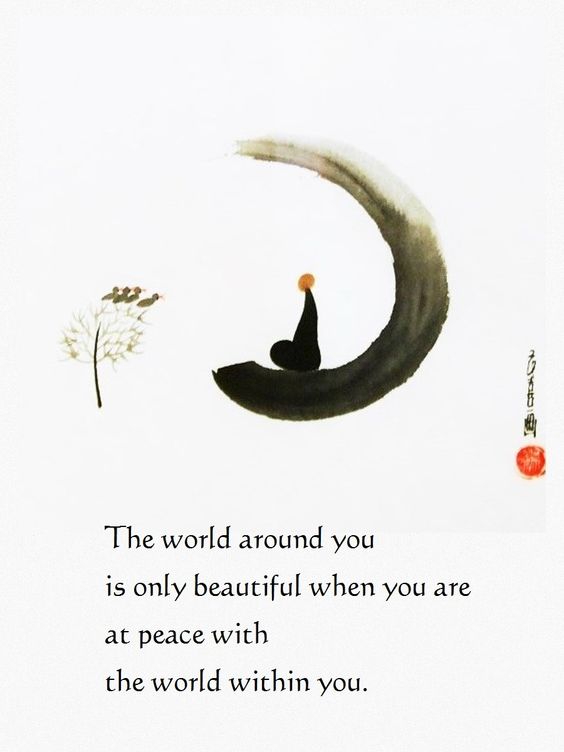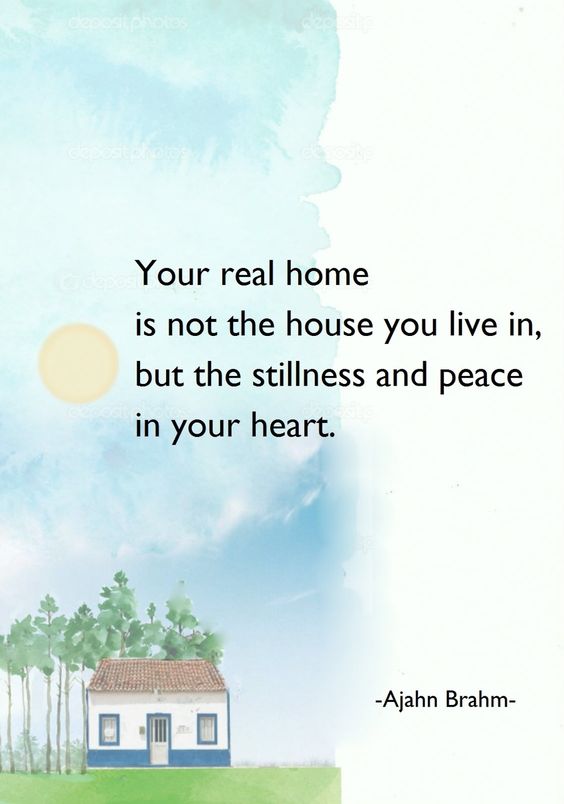“It’s hard to think about selflessness when we are struggling. And yet that is exactly what I learned as a monk. Selflessness is the surest route to inner peace and a meaningful life. Selflessness heals the self.”
Jay Shetty, Think Like A Monk (Page 256)
Think Like A Monk [Book]
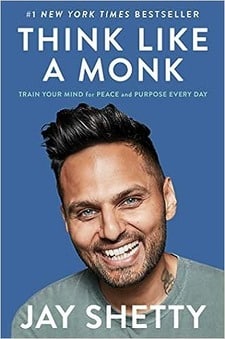
Book Overview: In this inspiring, empowering book, Shetty draws on his time as a monk to show us how we can clear the roadblocks to our potential and power. Combining ancient wisdom and his own rich experiences in the ashram, Think Like a Monk reveals how to overcome negative thoughts and habits, and access the calm and purpose that lie within all of us. He transforms abstract lessons into advice and exercises we can all apply to reduce stress, improve relationships, and give the gifts we find in ourselves to the world. Shetty proves that everyone can—and should—think like a monk.
Post(s) Inspired by this Book:
“To build a mindset that allows happiness in, you need to develop the quality of non-reactiveness. Life is generally uncontrollable and it is not possible to live without challenges, so eventually unwanted things and tough situations will appear. Being able to create space in your mind where you can recognize something as undesirable without reacting to it intensely not only helps you deal with it better, but it also keeps you connected to your peace. Not reacting literally allows peace to exist in your mind. The less you react, the more peace you have.”
Yung Pueblo
“The speed at which technology moves is anxiety inducing and it can set us up to think frantically, to jump from extreme to extreme. This means that the tools we use to develop our inner peace and wellbeing are more important than ever. To be able to deal with the chaos of the world, we need to consistently tend to our inner harmony. To do that, it is essential to hold our healing as a top priority.”
Yung Pueblo
“There is nothing that you can receive from the material world that will create inner peace or fulfillment. The truth is, ‘the Smile’ is generated through output. It’s not something you get, it’s something you cultivate through giving. In the end, it will not matter one single bit how well they loved you—you will only gain ‘the Smile’ based on how well you loved them.”
Will Smith, Will (Page 402)
“We think that perfecting the outward version of ourselves that the world sees will bring us the inner peace we want. But Socrates and the Stoics knew it was the other way around. It’s the inner work that is more likely to bring us the outward success. And more importantly, that the inner work was an end unto itself.”
Ryan Holiday, Daily Stoic Blog
“It is not the blaming of evil but the glorifying of goodness that creates harmony in our life.”
Lucy Malory, via A Calendar of Wisdom (Page 359)

